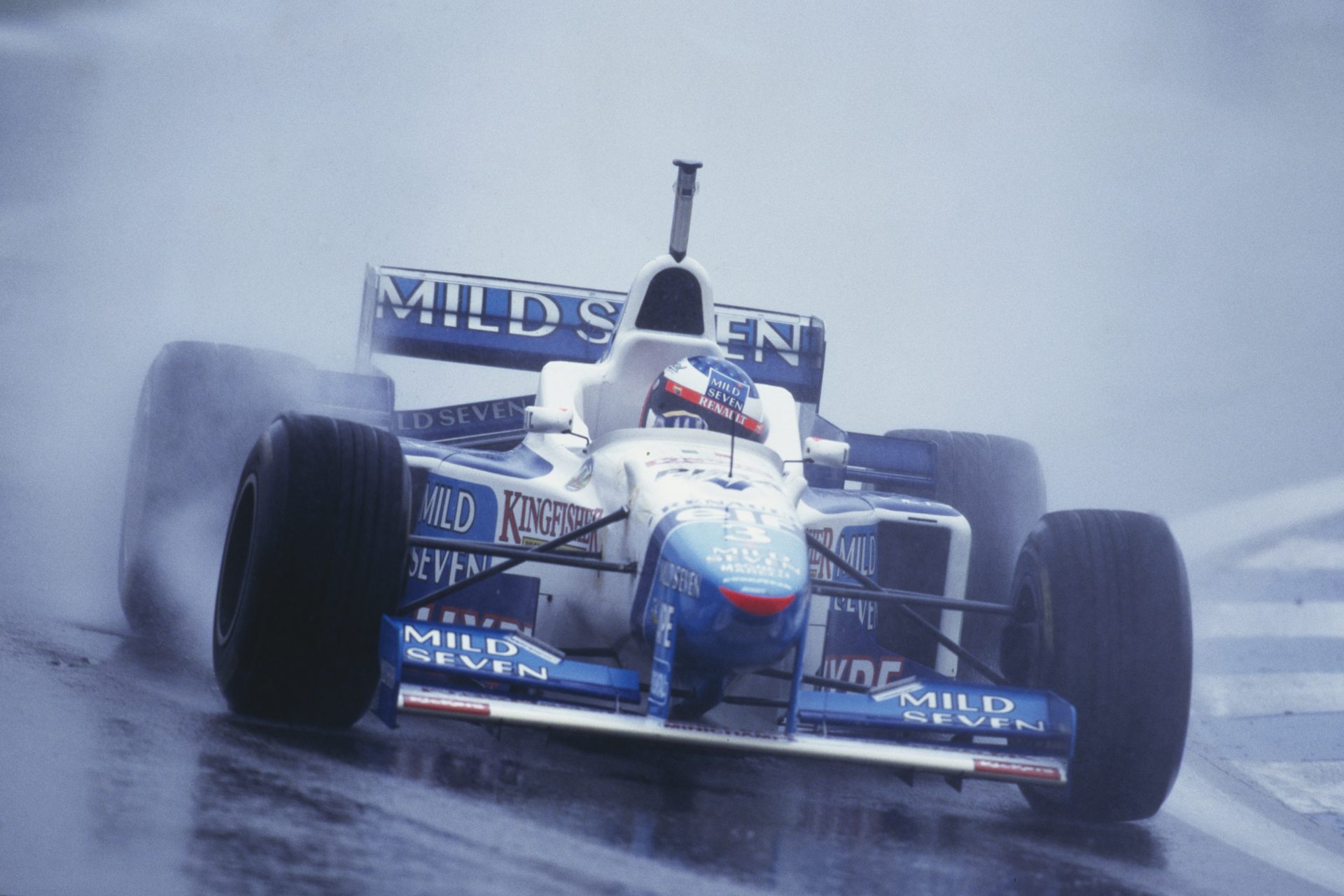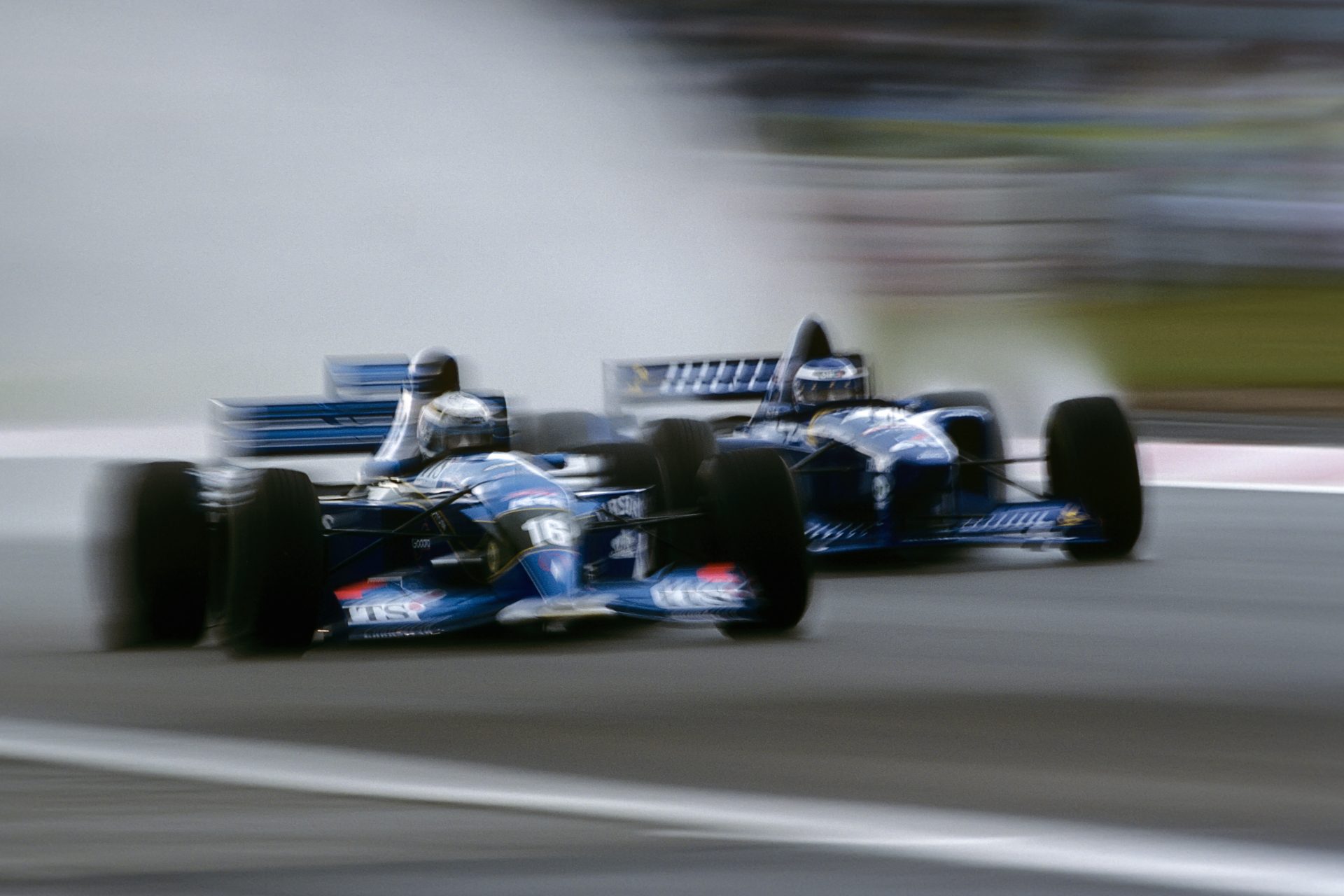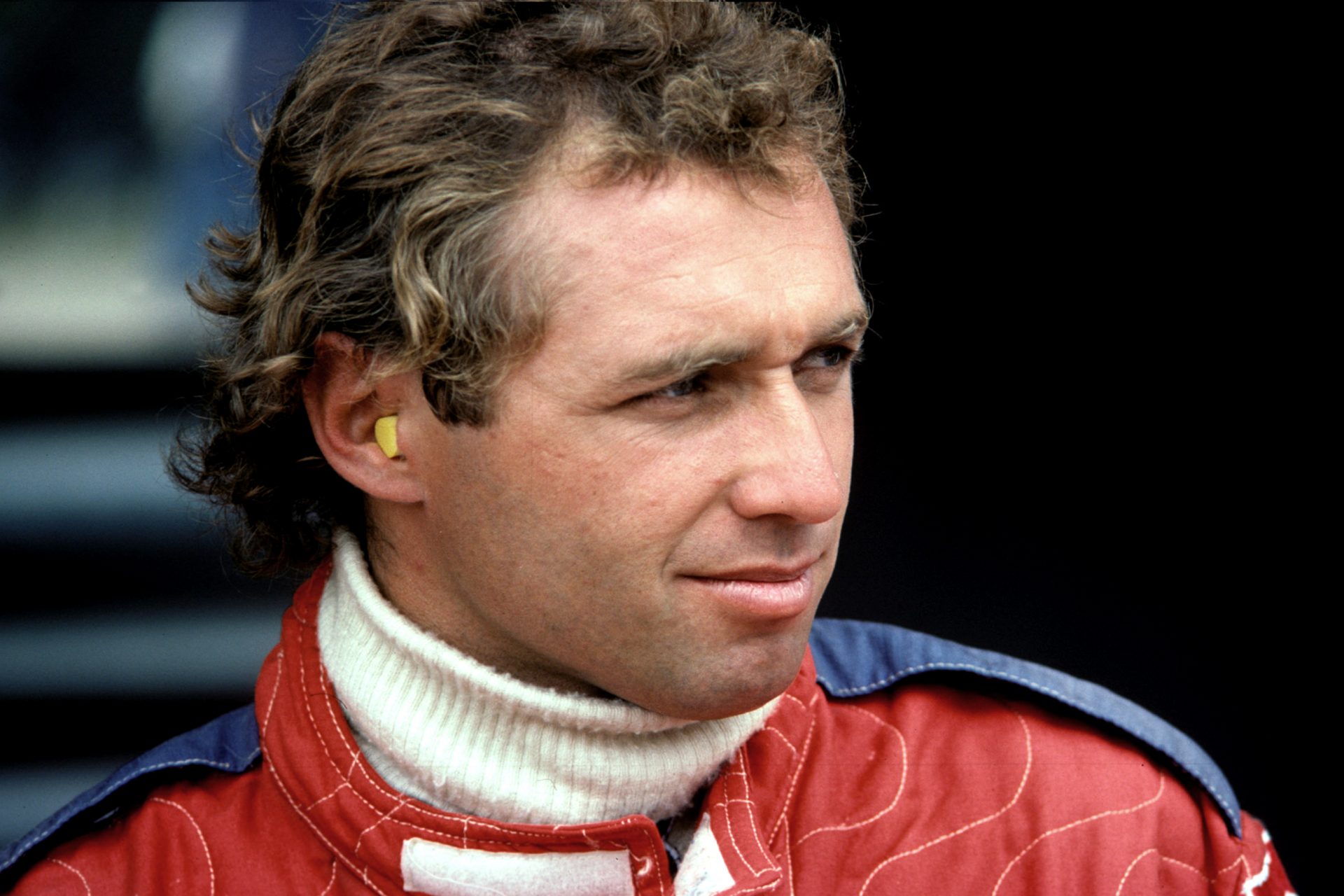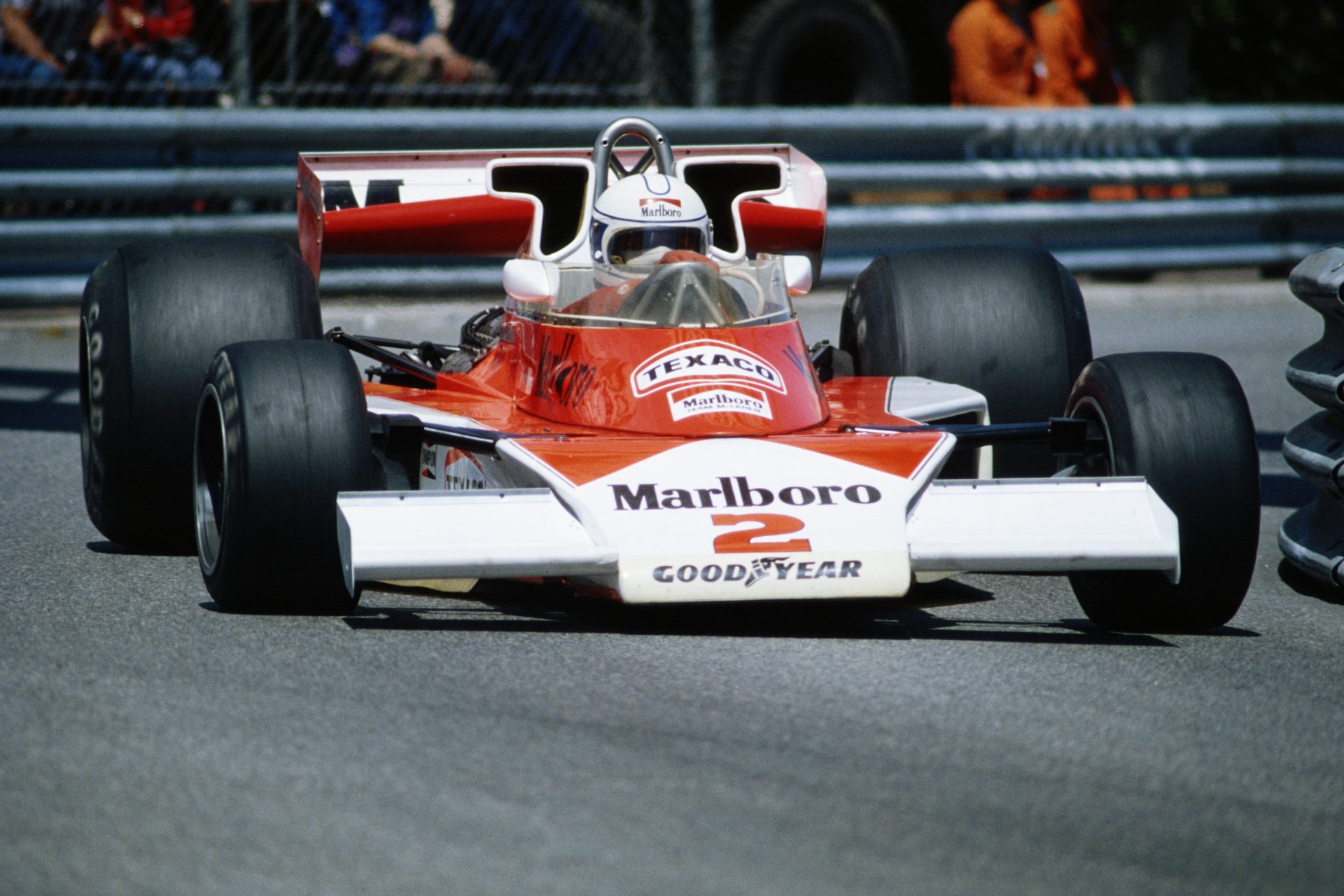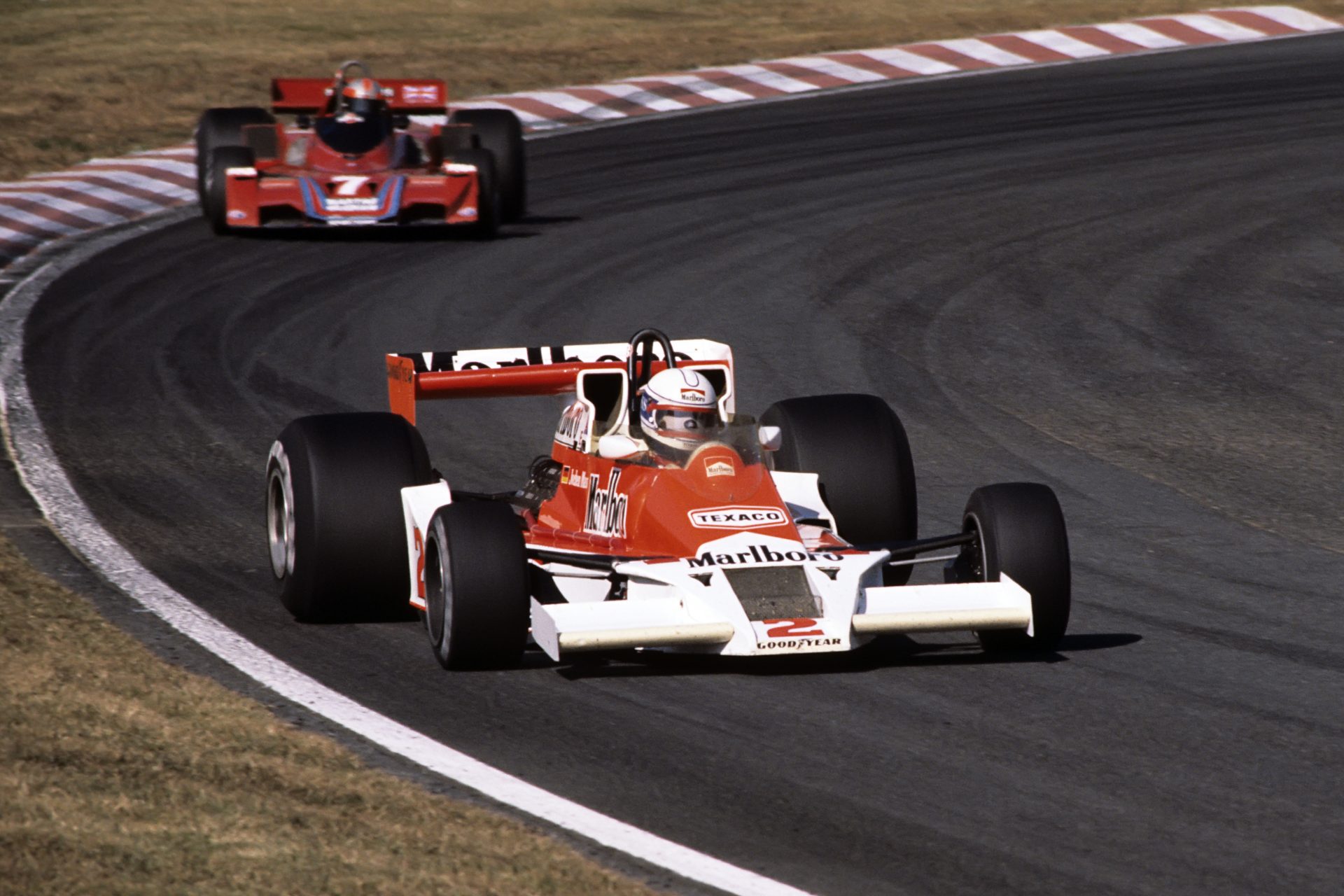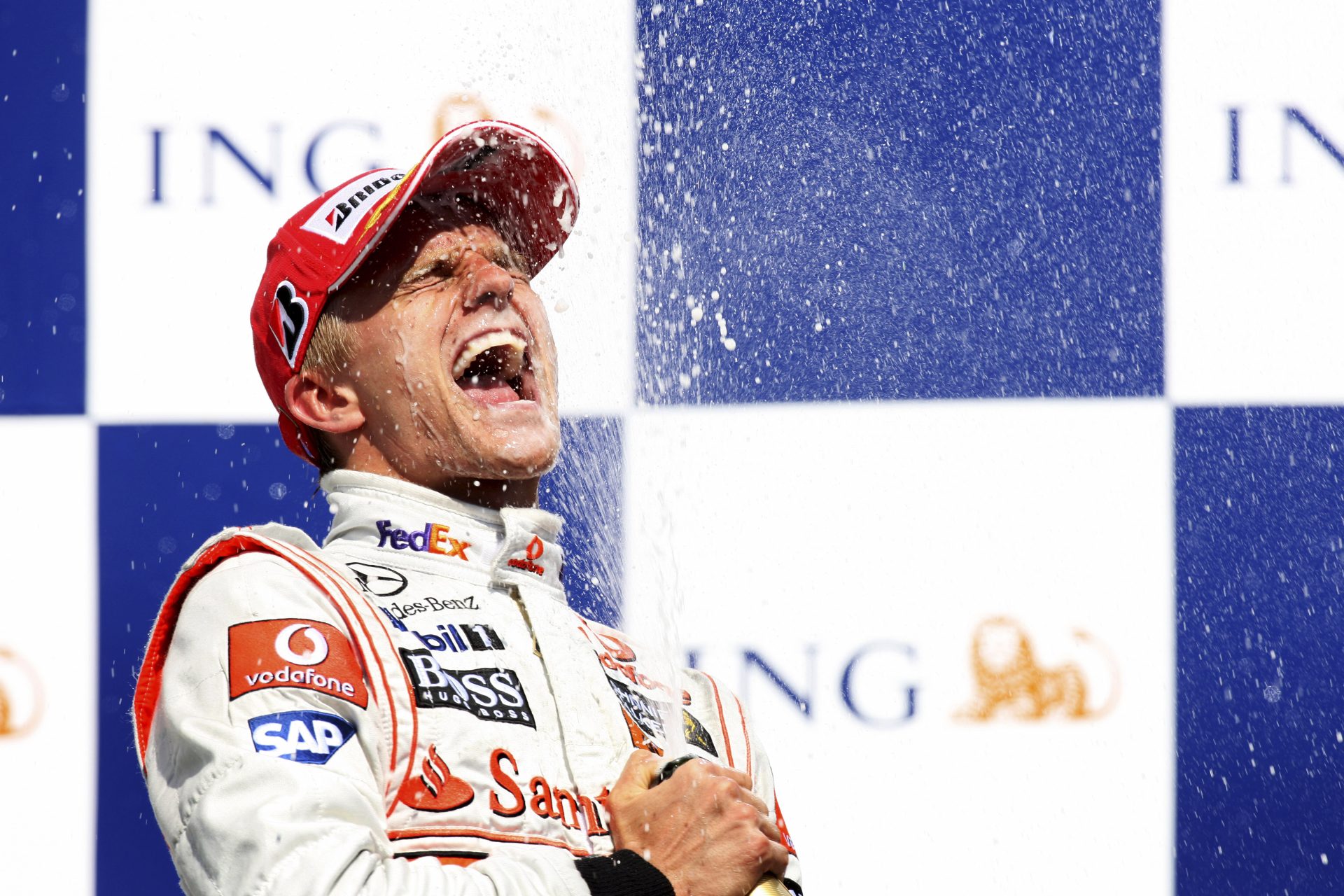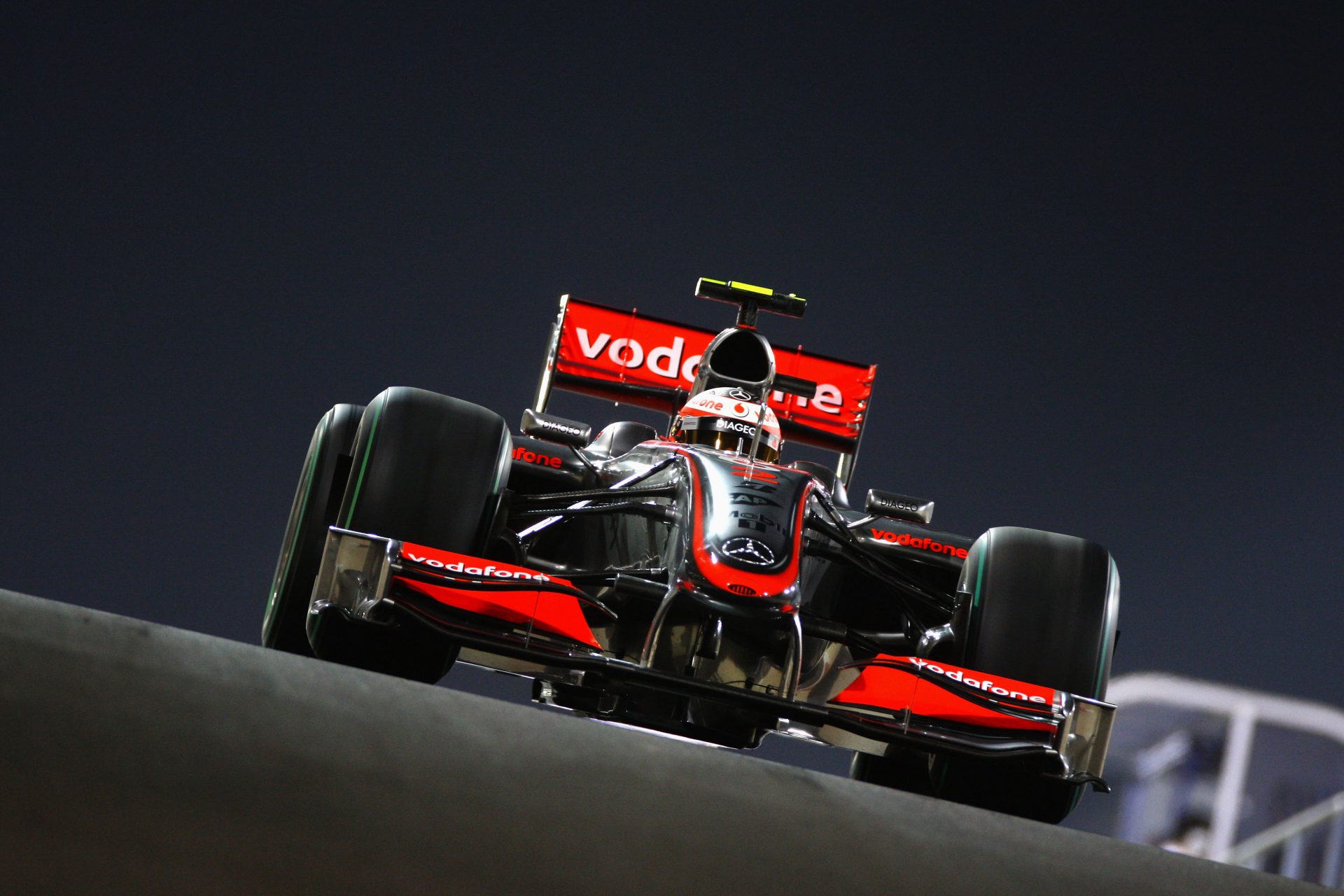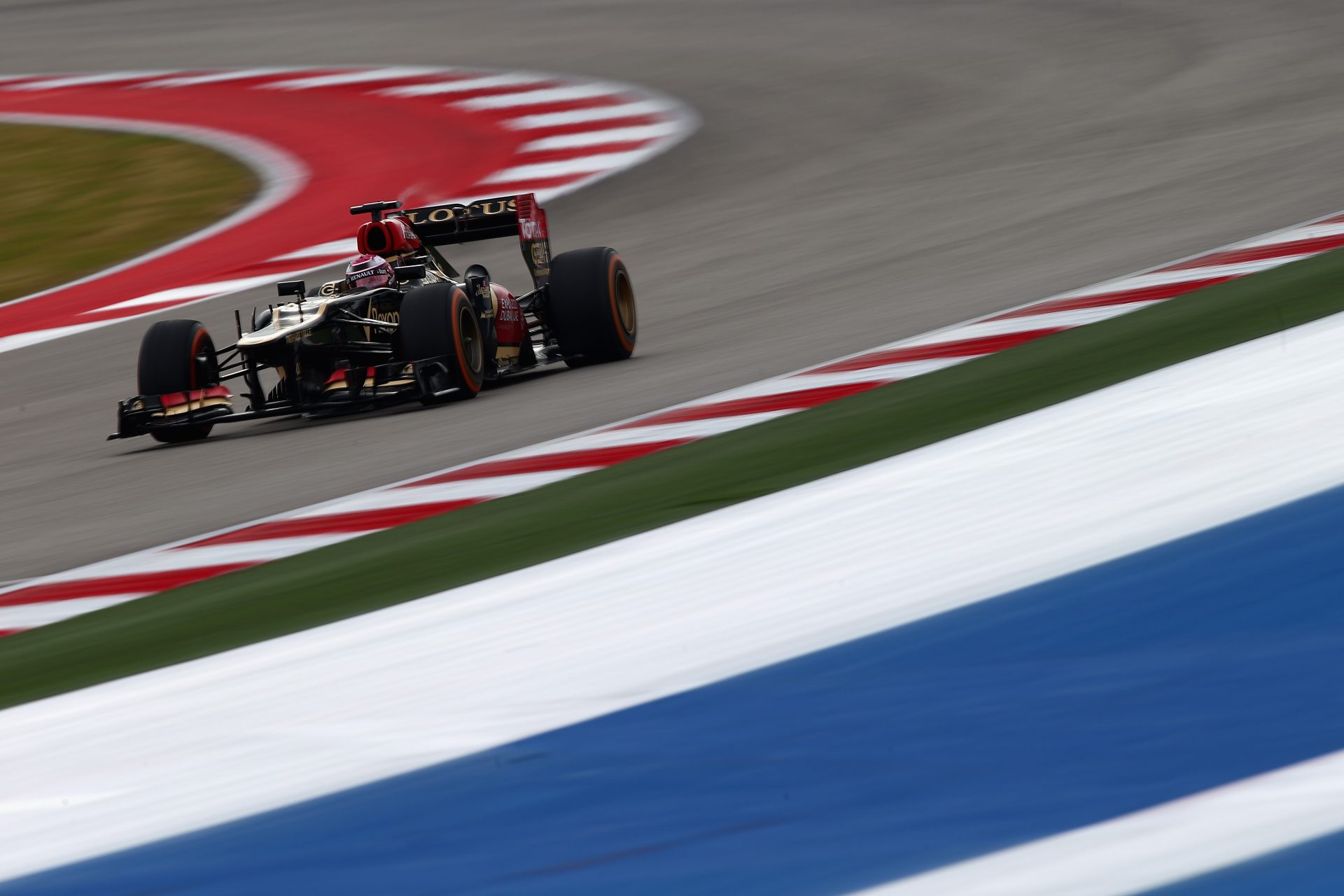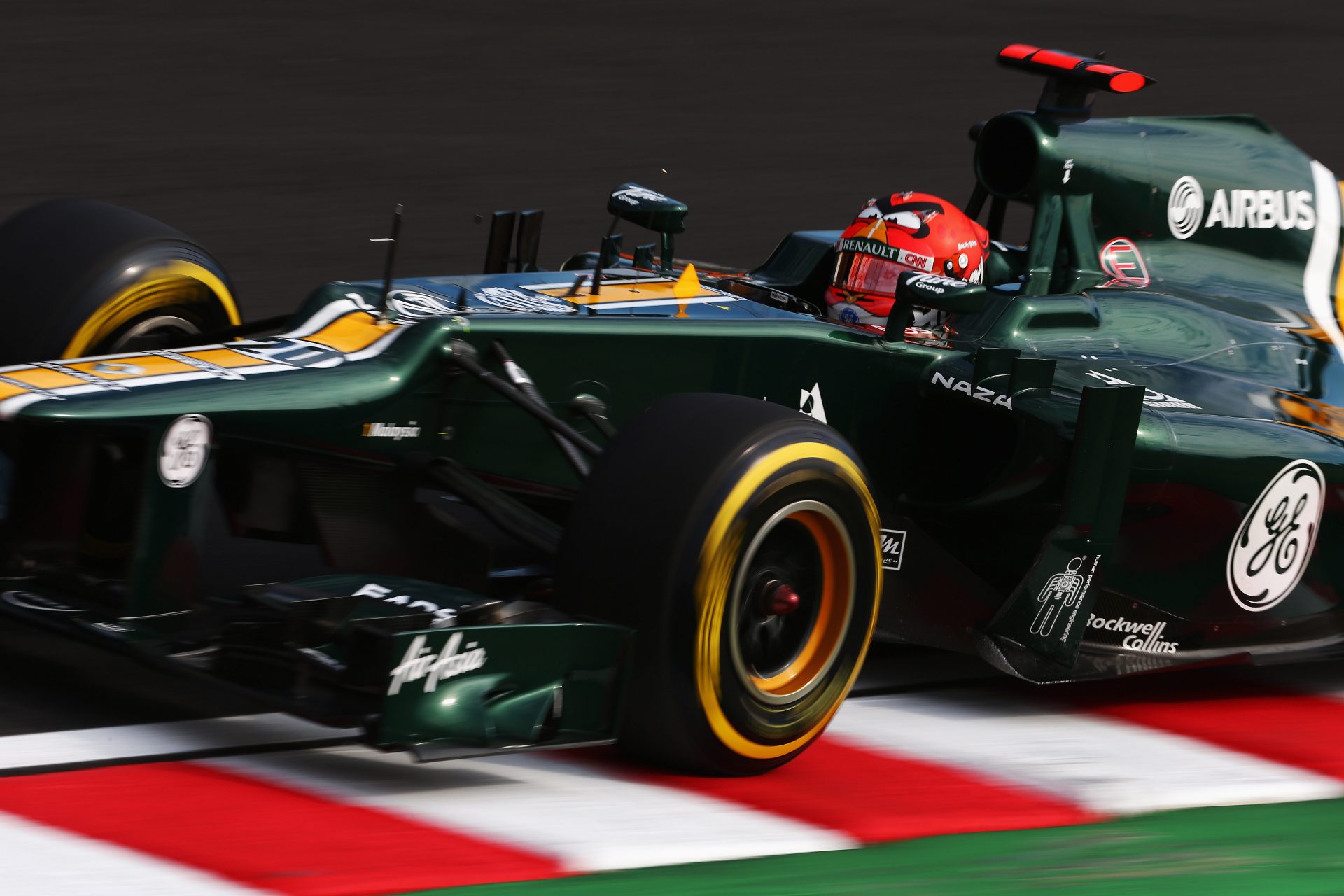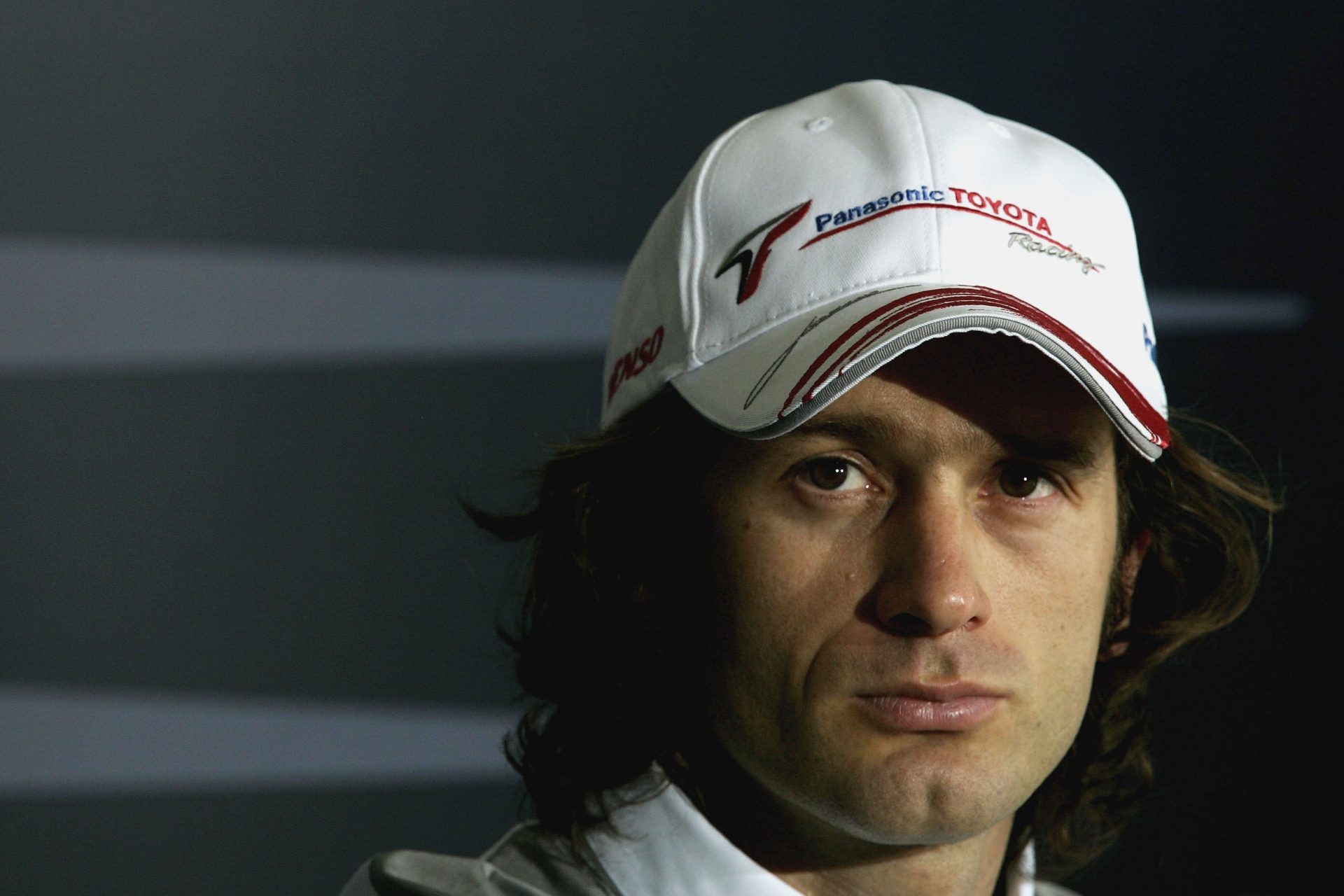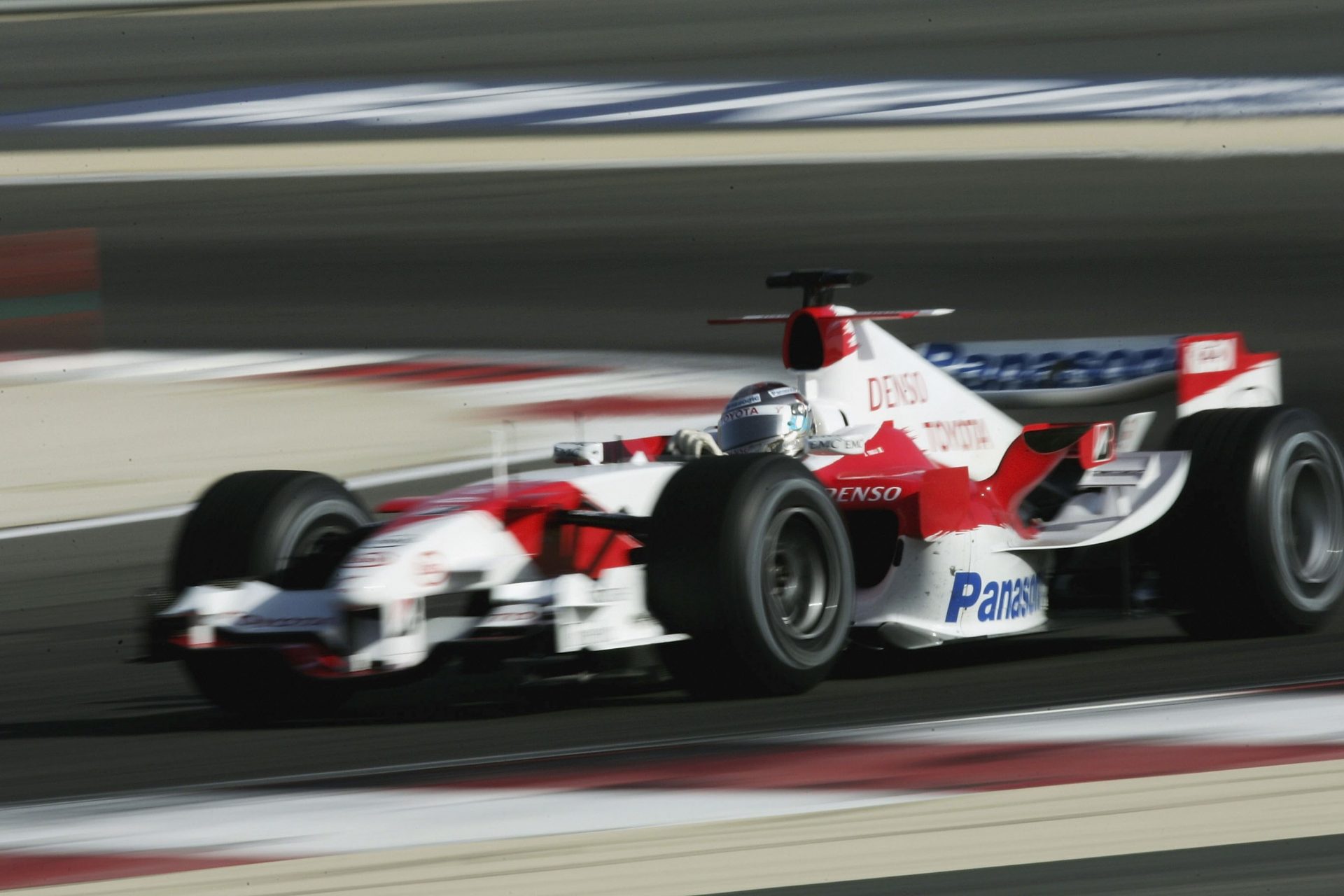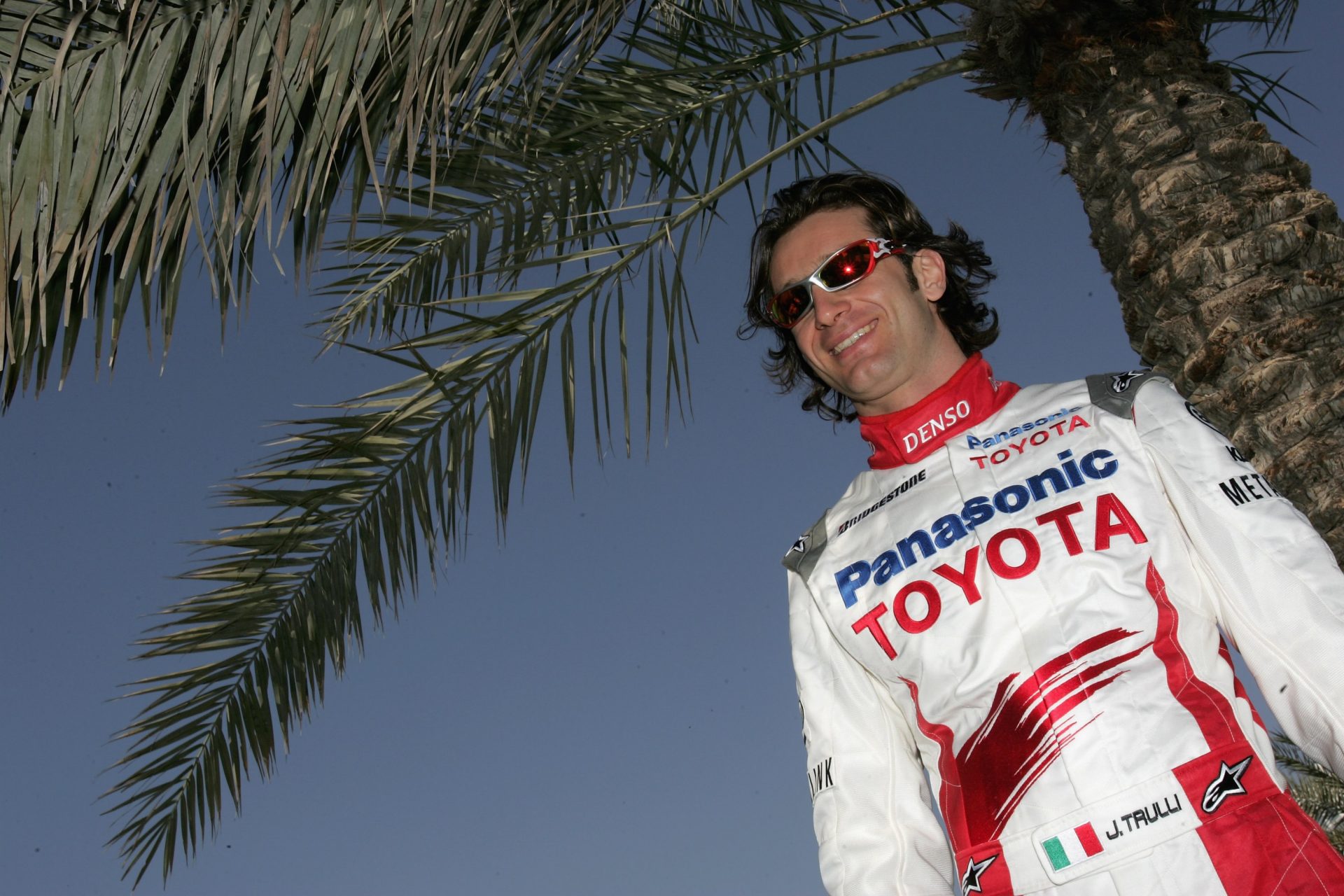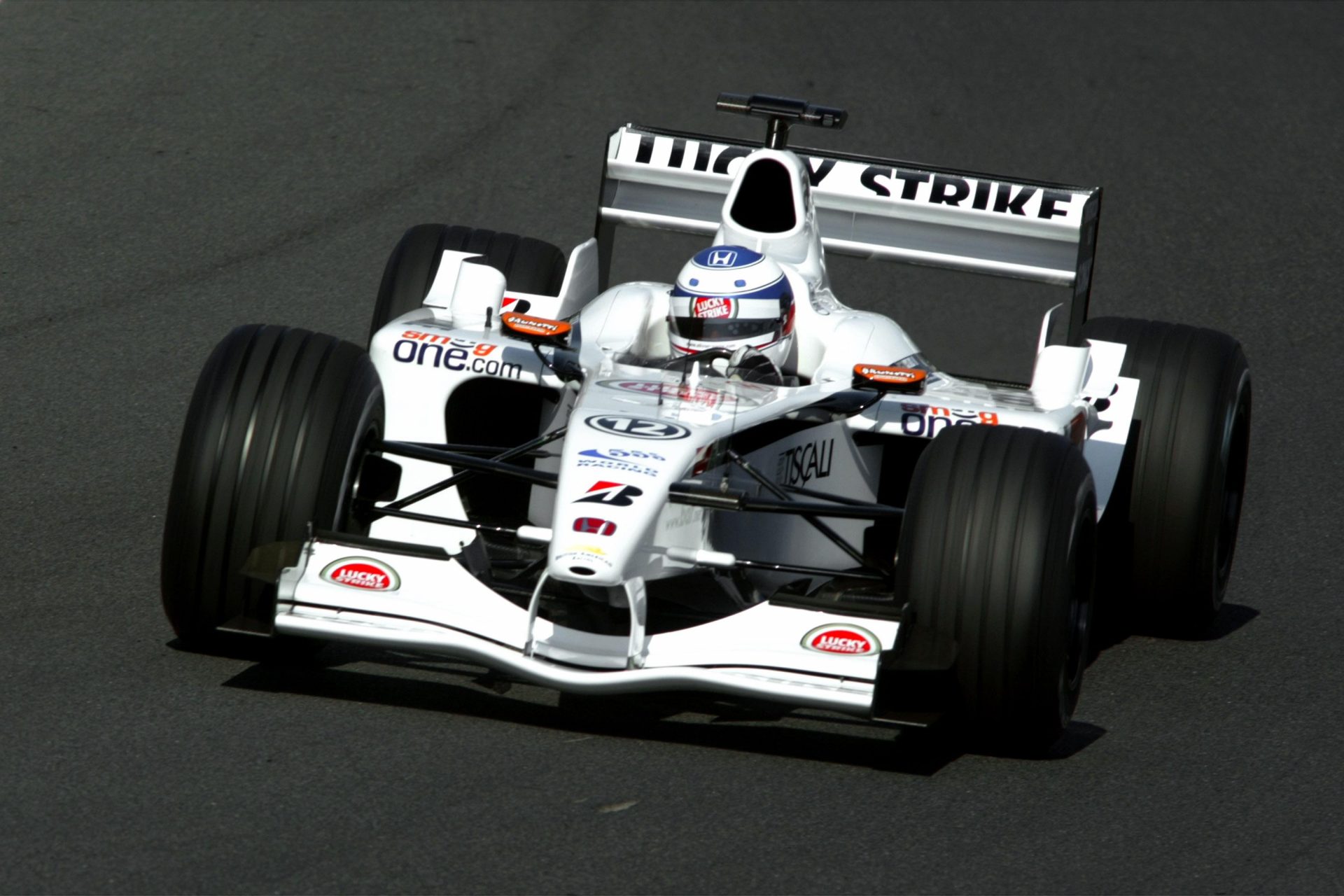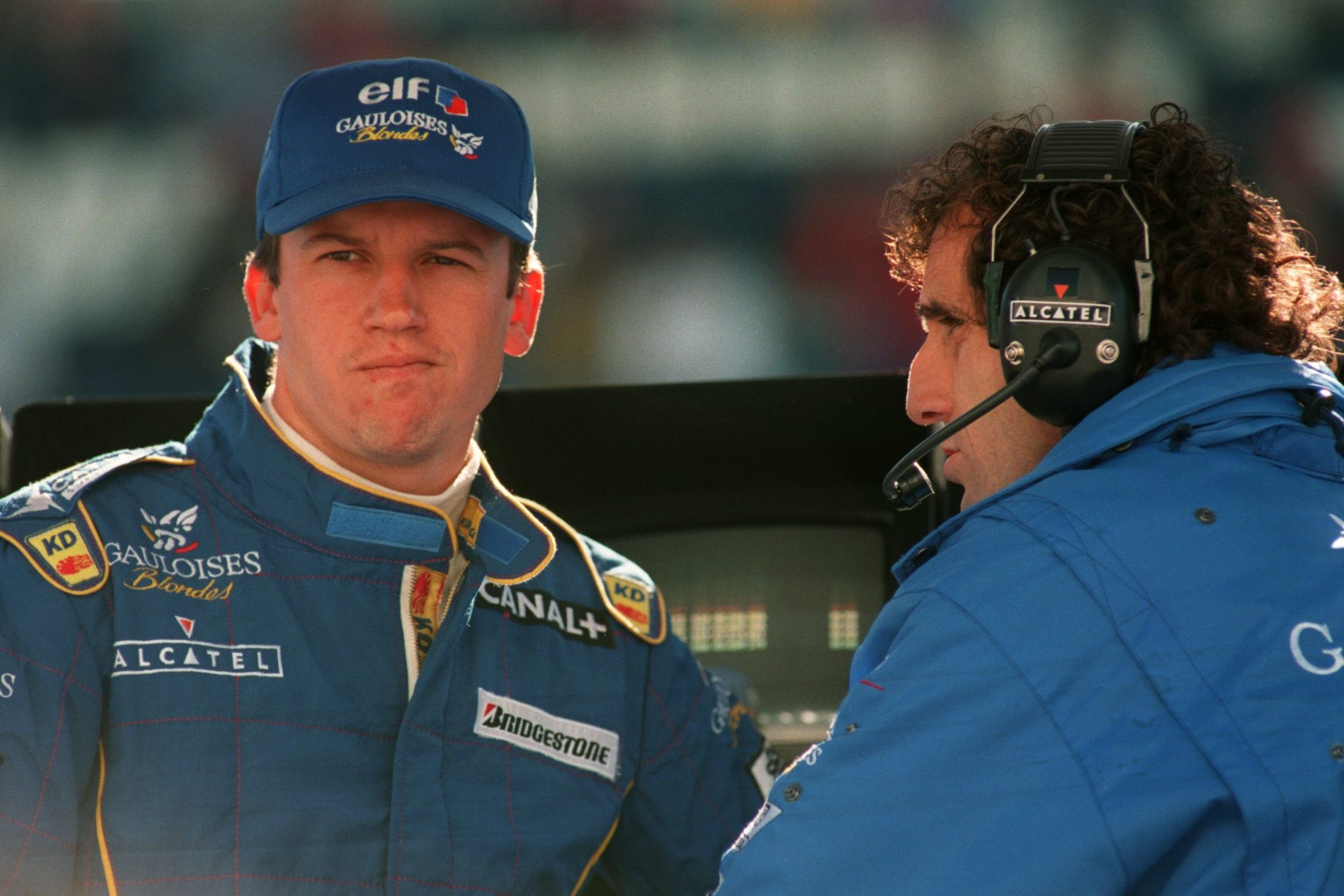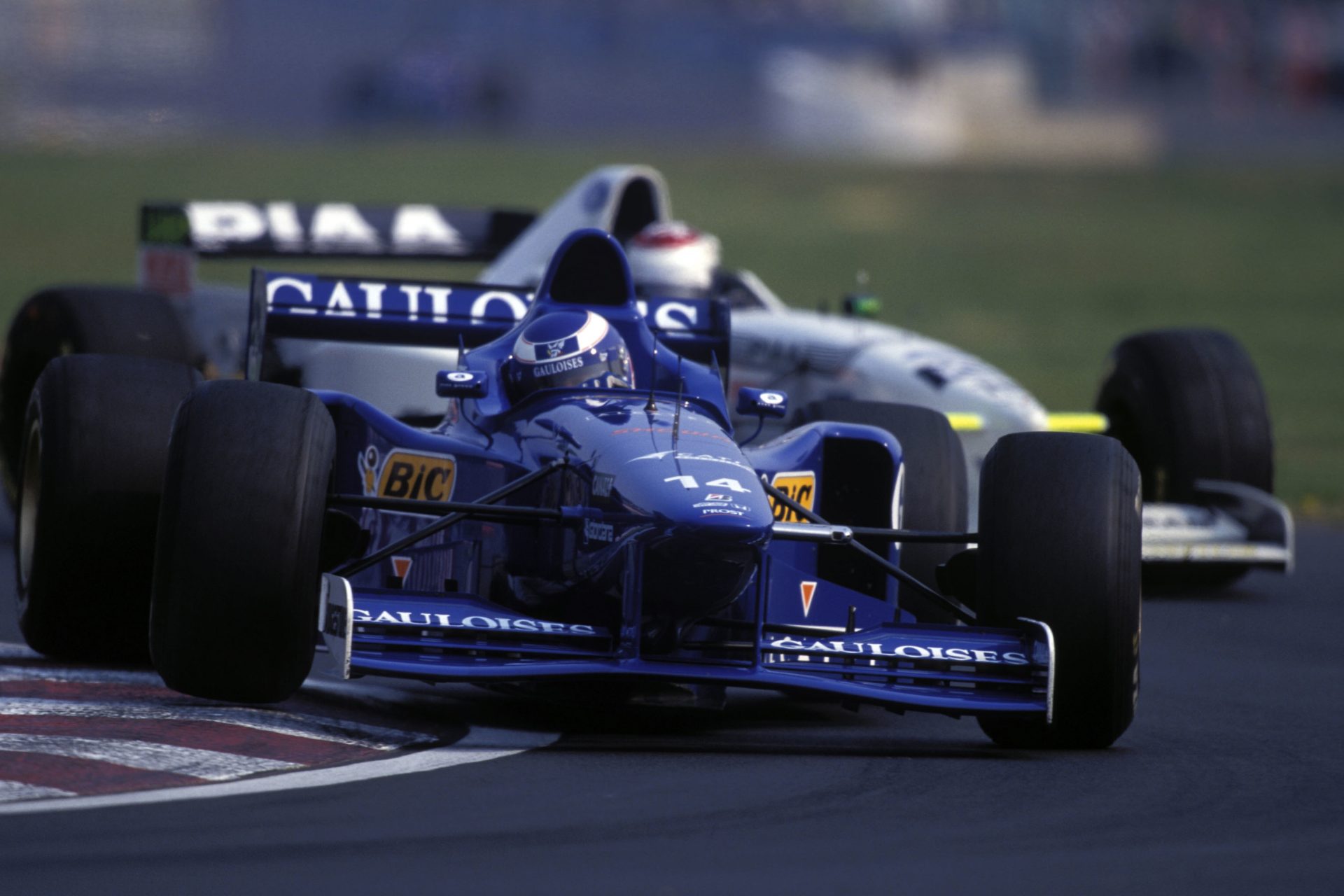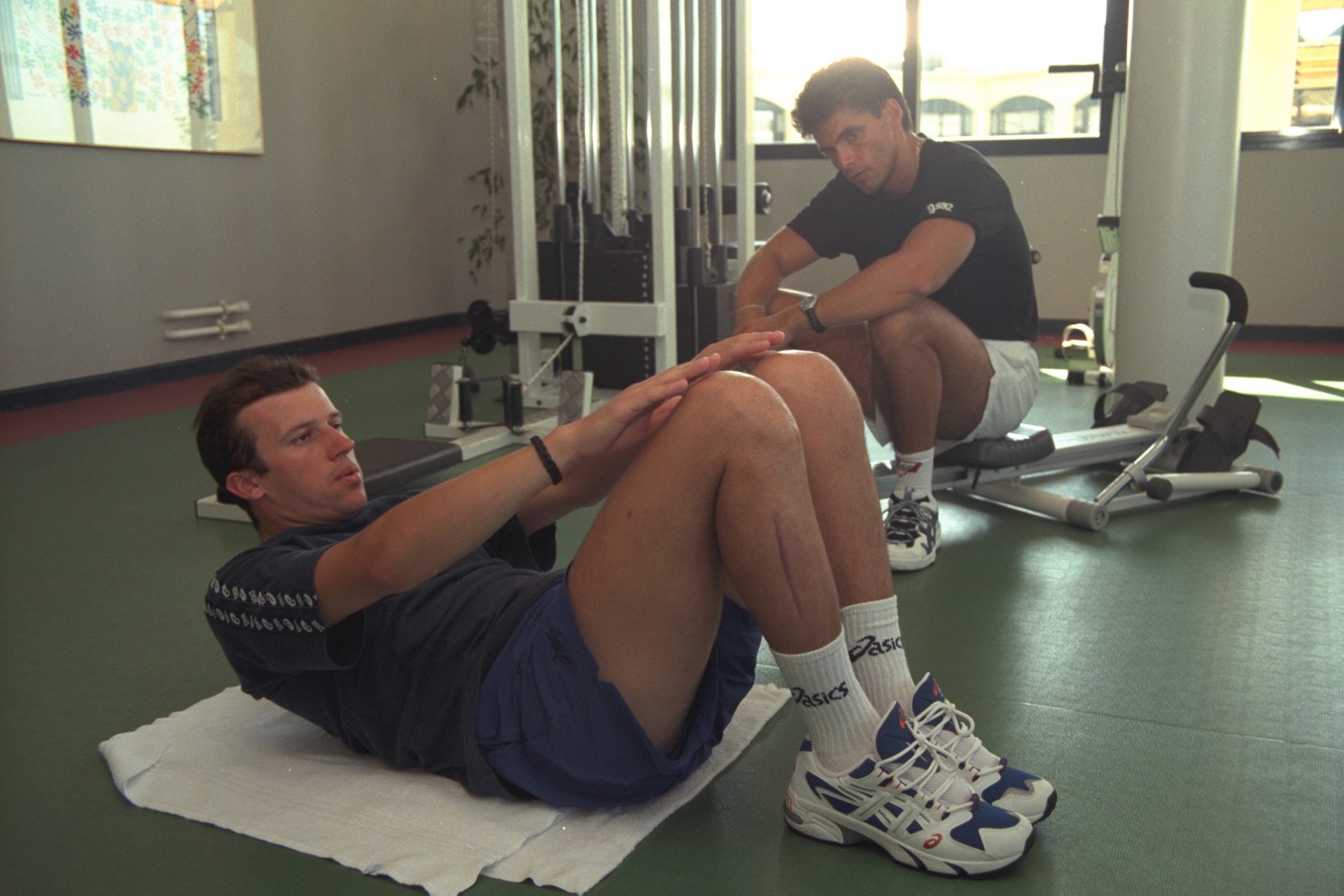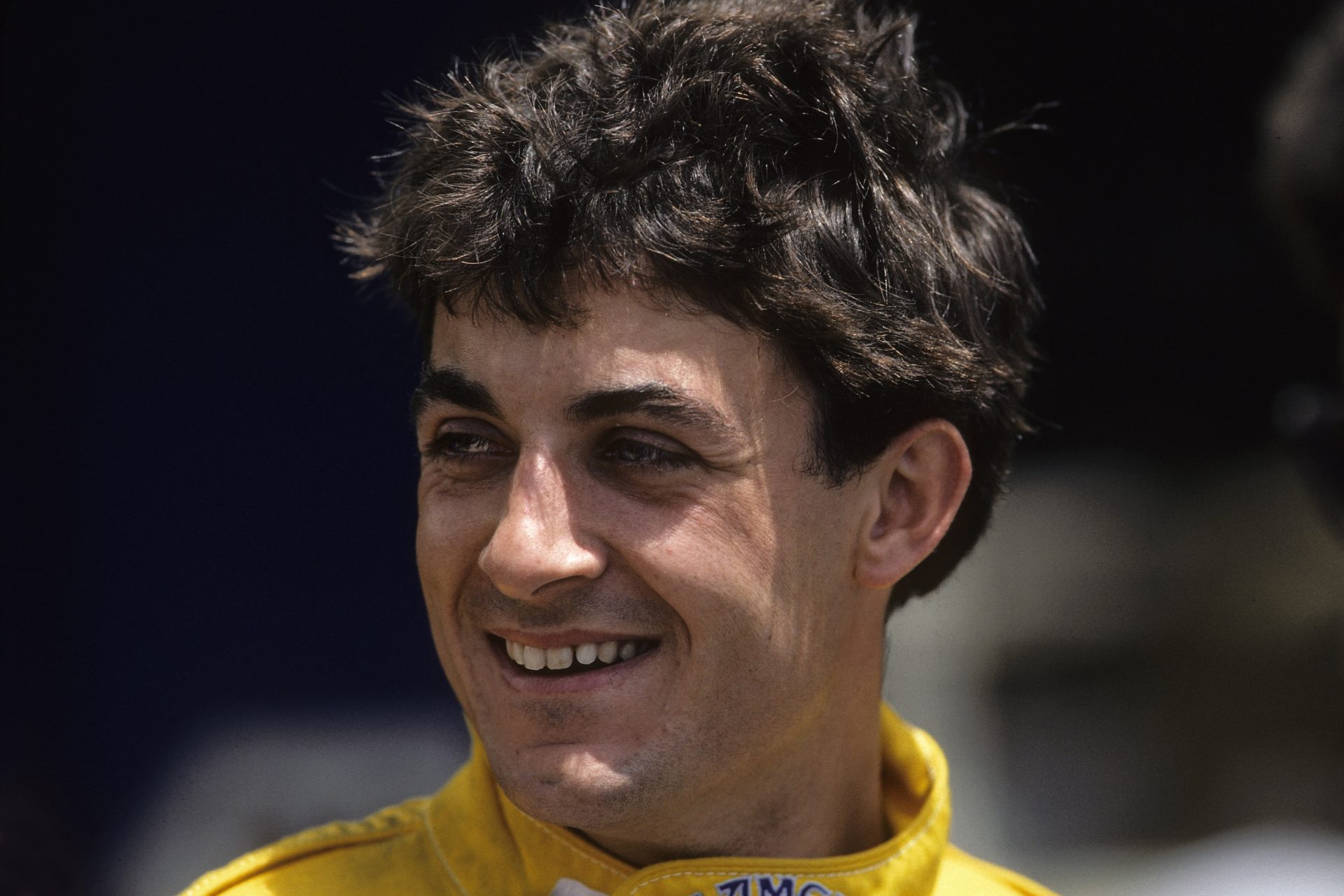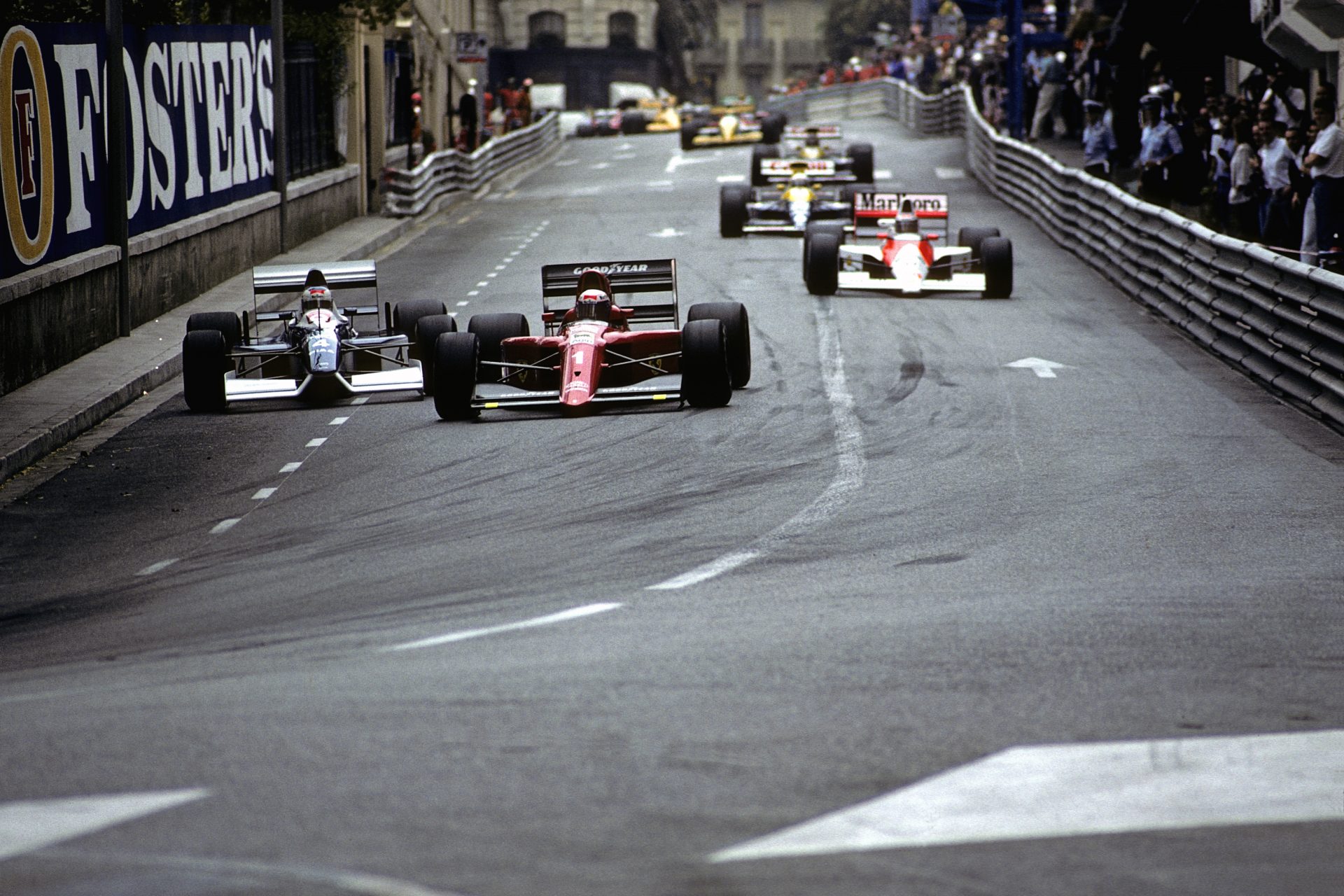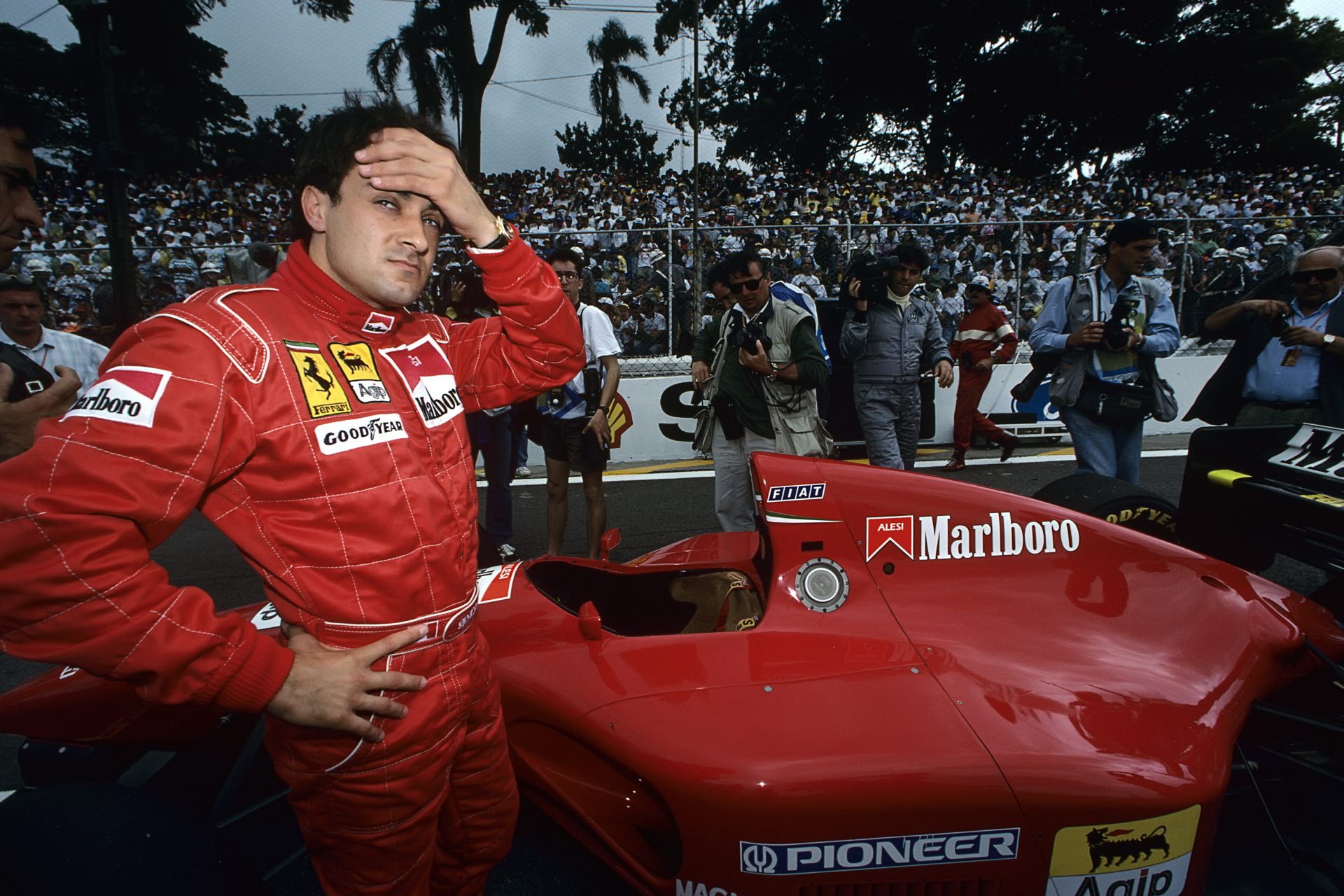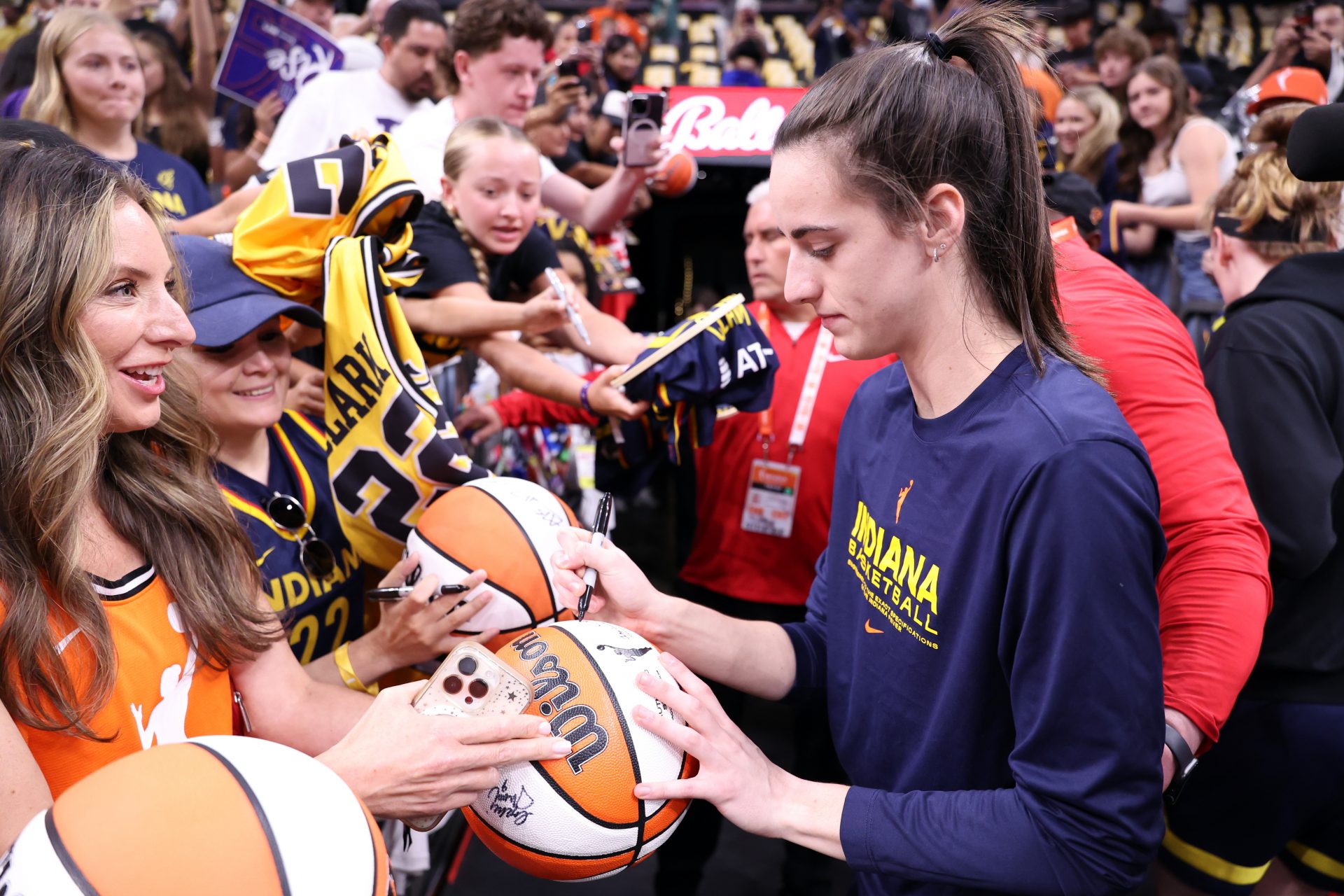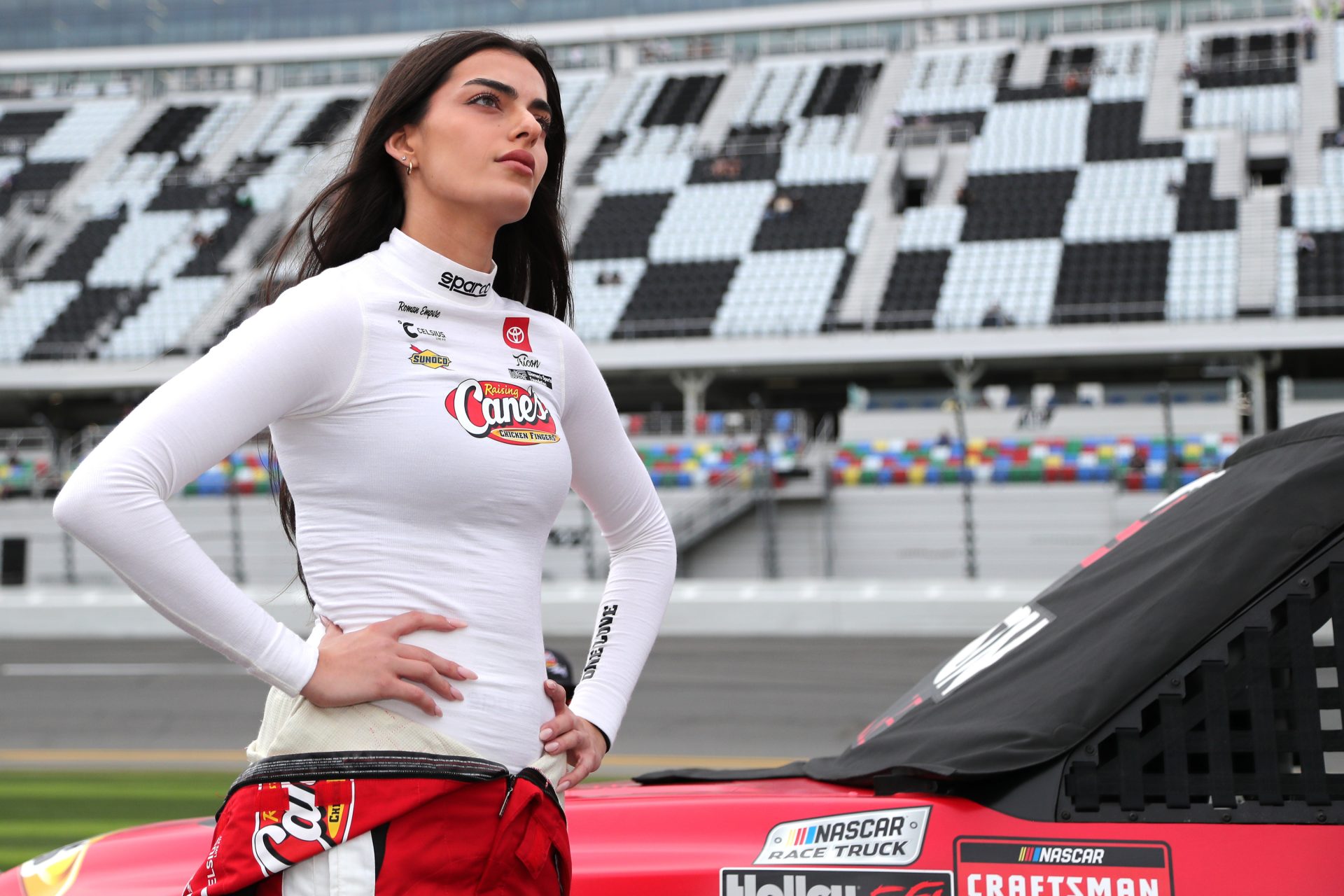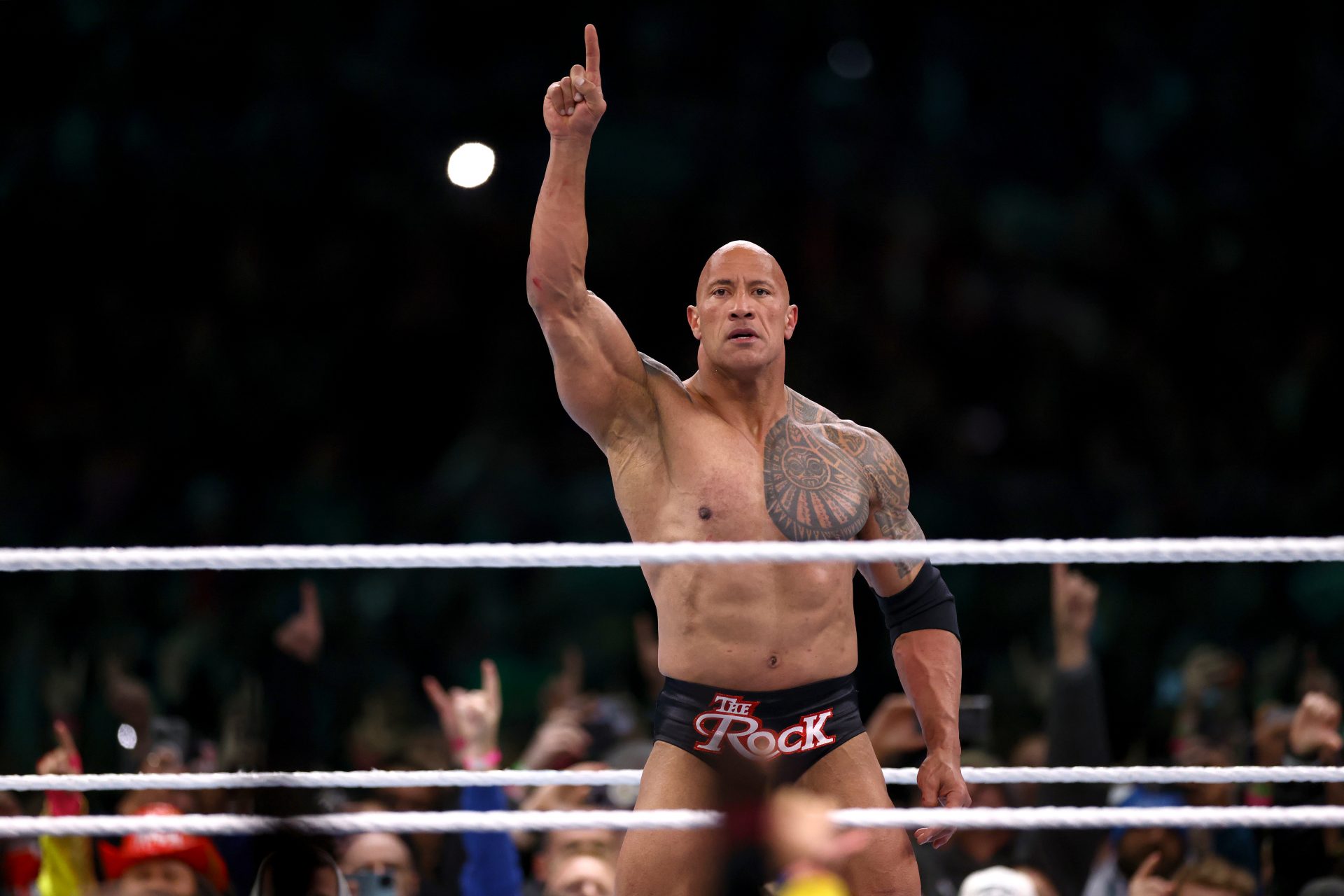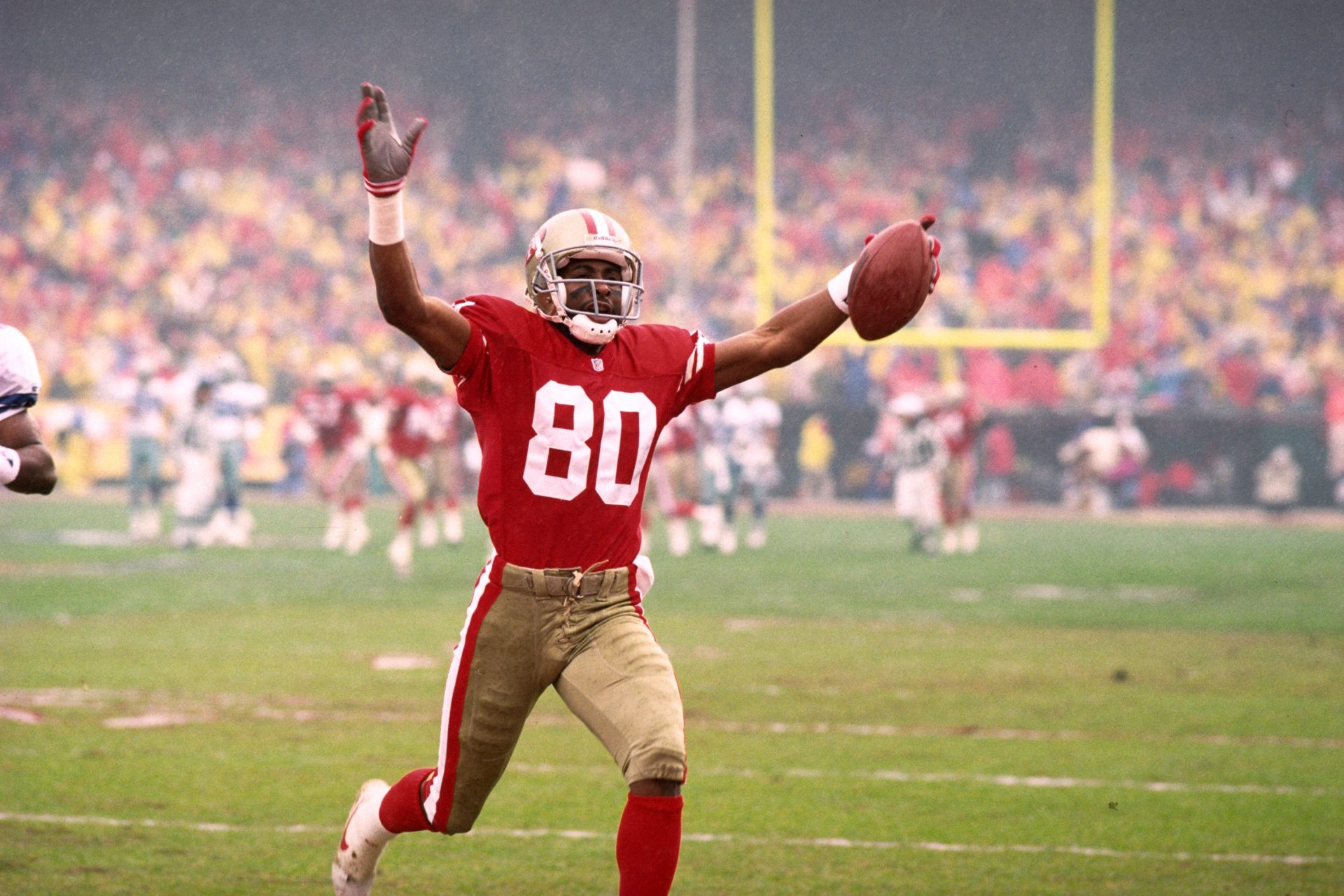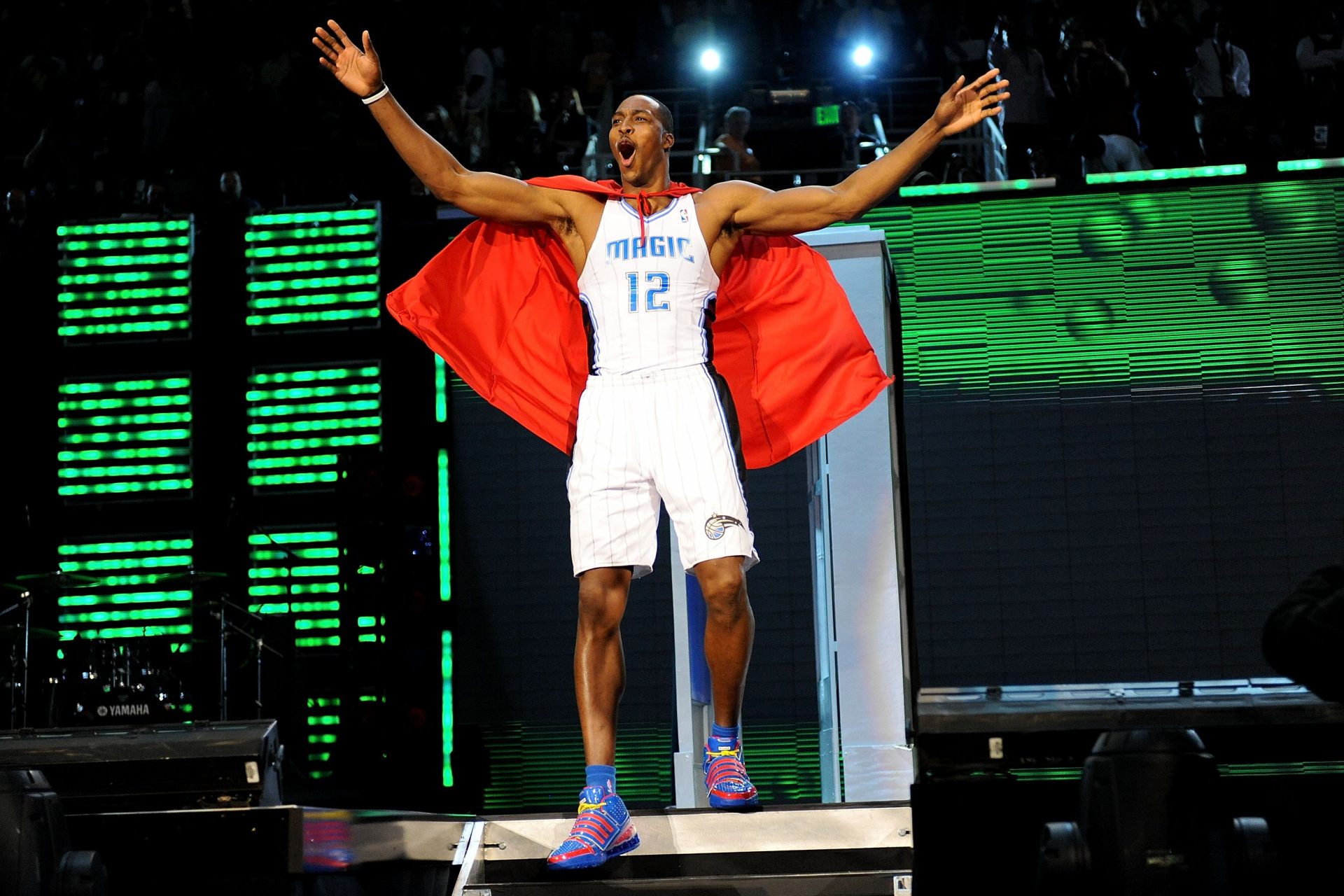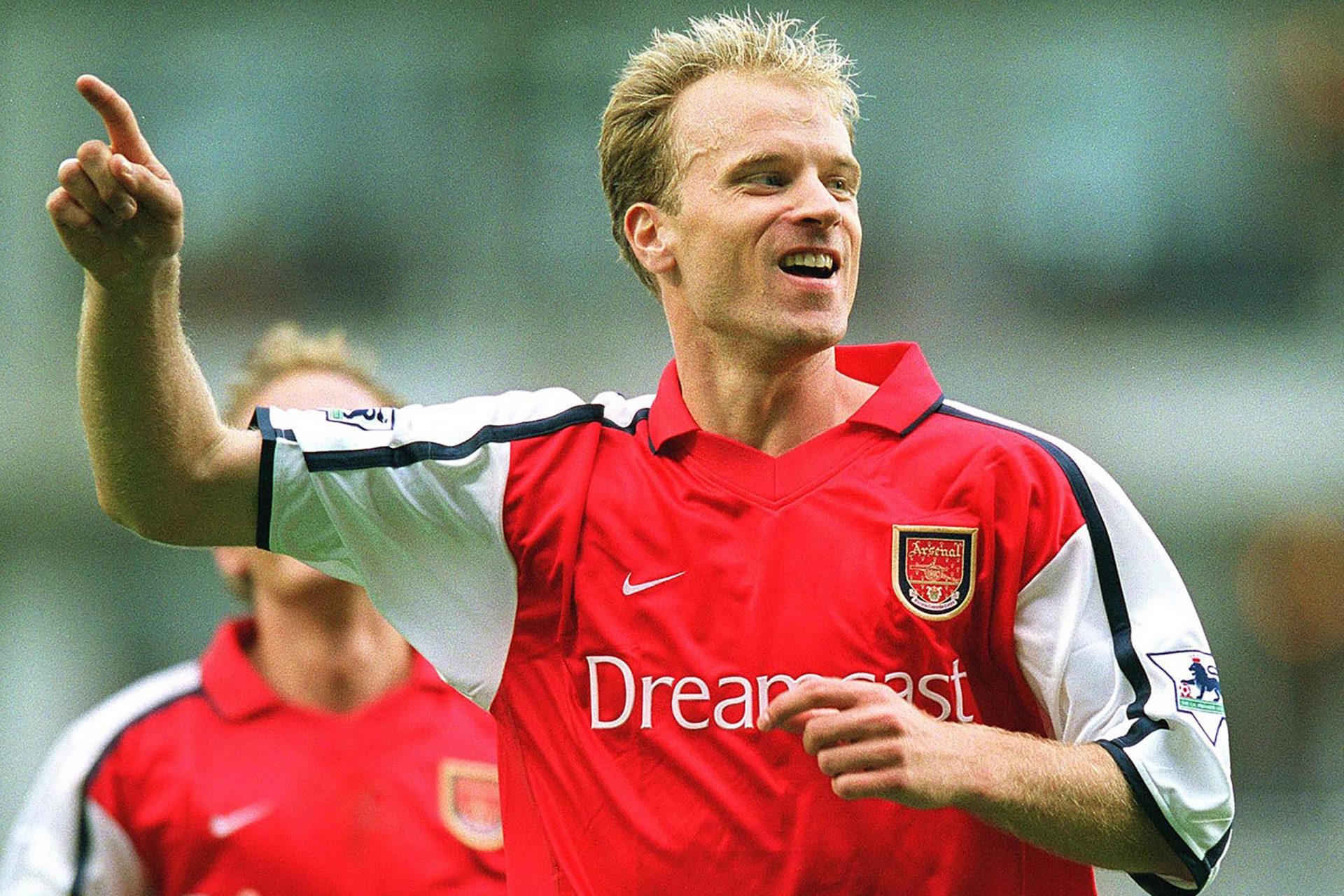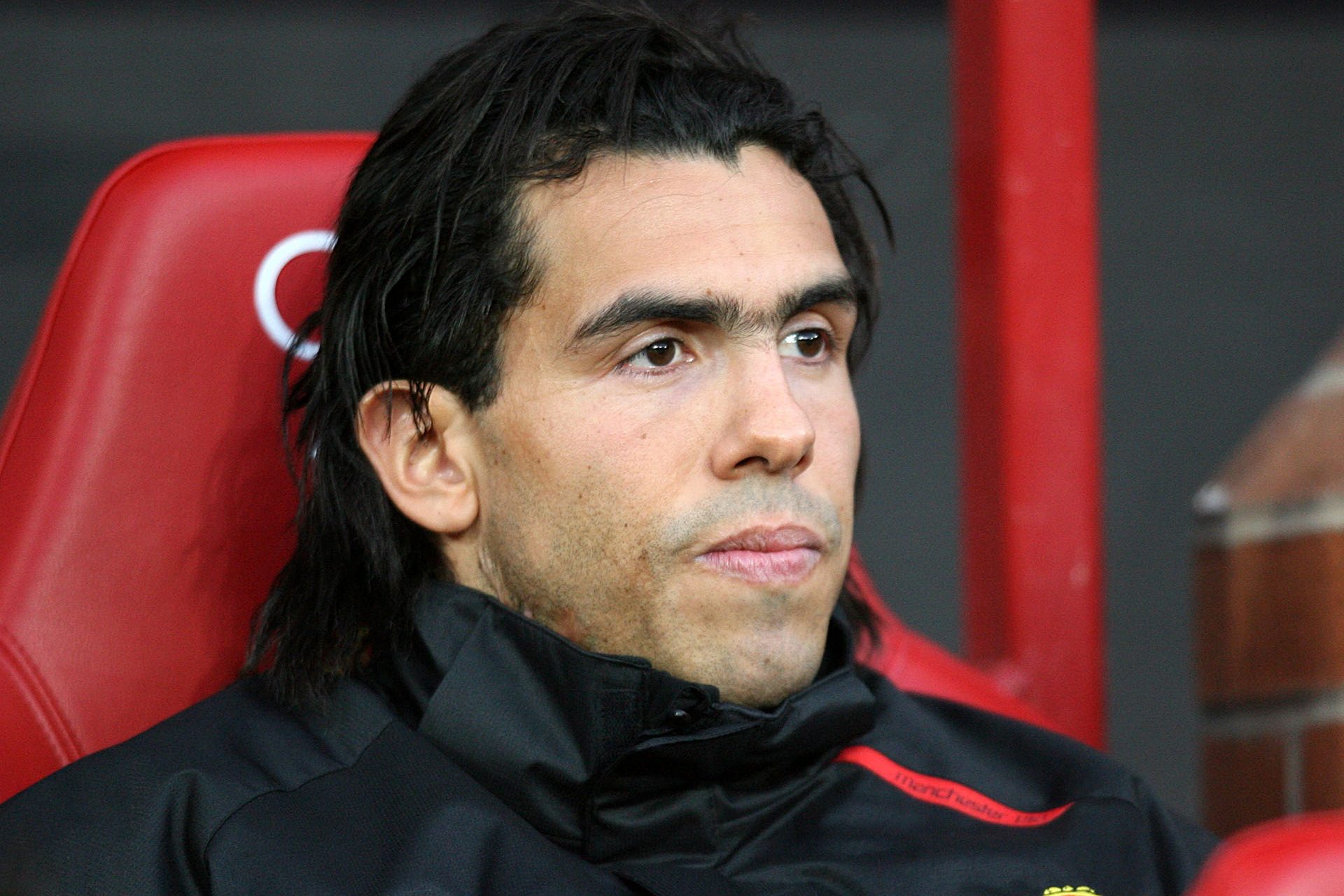F1 one-hit wonders: Drivers with great potential who failed
No matter how skilled or experienced a driver may be inside a Formula 1 car, success doesn't come down to talent alone. Some fans will argue that the car makes the difference, while others swear it's the captain behind the wheel.
It's safe to say it comes down to a balance of both. A reliable driver will ensure the car passes the finish line in the best position possible, while a reliable car will ensure the pilot makes it through till the very last lap.
Jochen Maas was one of those promising drivers who looked like a future world champion, but finished his F1 career with only eight career wins. The former McLaren driver was ultra-competitive, however he simply lacked consistency.
Want to see more like this? Follow us here for daily sports news, profiles and analysis!
The 1975 McLaren was one of the best cars at the paddock, with the M23 proving to be a competitive beast. Emerson Fittipaldi was his teammate at the time (reigning World Champion), proving that McLaren had the right ingredients for championship titles.
"While Fittipaldi immediately highlighted the potential of the McLaren by winning the season opener in Argentine, Maas was less successful," reports Planet F1.
The Finnish driver was one of the best performers in the junior categories (Fortec Motorsport), where he finished 3rd in Formula 3 (2002). Kovalainen later joined Renault, where he began achieving decent race finishes.
Kovalainen won the 2008 Hungarian GP after Lewis Hamilton's puncture and Felipe Massa's engine failure. The Finnish driver would secure big second-place finishes like his 'Alonso-esque' race finish in Japan (2007), where he defended against Raikkonen till the very last lap, securing important points for his team.
His F1 career faded out with backmarker teams such Team Lotus and Caterham F1 Team, however, the Finnish driver would go on to compete in Super GT, where he became a title winner in 2016.
Kovalainen had all the necessary ingredients to become a World Champion but proved he didn't quite have "the mettle to make it in F1," according to Planet F1.
Jarno Trulli was another promising figure in Formula 1, regarded as one of the best qualifying drivers in the paddock. Paired with young Fernando Alonso, he proved he was capable of matching his pace.
The Italian driver snatched a remarkable win in Monaco in 2004, but his career fizzled out due to internal team politics. After being released from Renault in 2005, he joined Toyota, where he constantly struggled against faster cars.
Want to see more like this? Follow us here for daily sports news, profiles and analysis!
Despite being a strong qualifier, Trulli's races fell short of his team's expectations - he simply didn't match his raw speed out on the tarmac.
Olivier Panis built a winning reputation for himself during his time at Formula Renault and Formula 3000, earning himself a seat with Ligier in 1994. During his debut season, he finished 2nd in the German Grand Prix.
Panis was proving to be a key driver for Ligier, earning five-point finishes and a 2nd place in Adelaide, which contributed to Ligier's 5th place ranking in the Constructors' Championship.
Panis achieved a major victory in Monaco in 1996 after starting in 14th place. The French driver finished first after some daring overtakes and a brilliant strategy that saw him take big points for his team.
A horrific accident in Canada in 1997, broke both his legs and derailed his season. Pani struggled to regain his form and was never the same after his accident. He would go on to race for BAR and Toyota without notable success - he retired in 2006.
Jean Alesi was another promising F1 star who made a remarkable debut during the 1989 season. The French-Italian driver wouldn't shy away from aggressive racing and earning himself a second place finish behind Ayrton Senna at the 1990 US Grand Prix.
Alesi joined Ferrari in 1991-1995, but "the Italian team entered a 'slump' with poor reliability and pace," and that began his downfall, according to Planet F1. Despite flashes of brilliance and occasional podiums, he was unable to claim a win until 1995.
Want to see more like this? Follow us here for daily sports news, profiles and analysis!
Alesi joined Renault Benneton in 1996 after Ferrari had made the signing of Michael Schumacher official. His career entered a decline, although he achieved regular podiums, but a fallout with team boss Flavio Briatore saw him out. During his final years in the F1, Alesi moved to Sauber (1998) and then Prost (2000), marking his end in F1.
More for you
Top Stories



